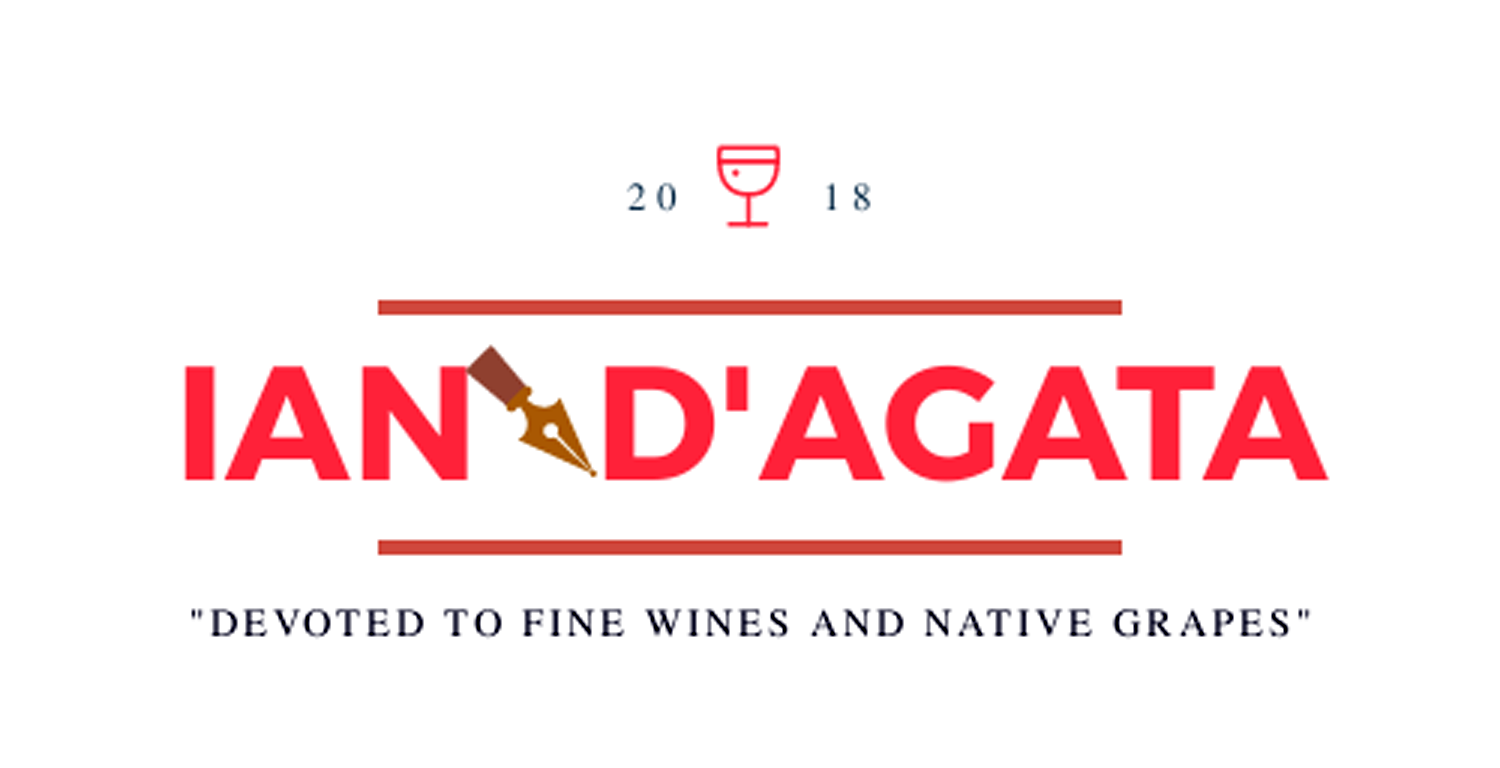Vinitaly’s New Section Devoted To Small-Volume, Artisanal Wines Made With Both Native And International Grapes

In Milan this past October, Veronafiere President Maurizio Danese and general director Giovanni Mantovani announced themany new aspects of the 2020 edition of Vinitaly, amongst which there is the launch of MicroMegaWines, a new section of Vinitaly that will feature 36 estates devoted to small production Italian wines from both international and native grapes. The brainchild of Gianni Bruno, Vinitaly Area Manager now in his 37th year at the fair, and Ian D’Agata, Vinitaly Scientific Advisor, MicroMegaWines will be housed in its own space, the Organic Hall pavillon,
where the invited wineries will have their own stand and will pour their wines for the visitors at the fair; each day, a masterclass devoted to nine wines of the featured estates will be guided by D’Agata and his international wine professional colleagues.
MicroMegaWines is a specific new section of Vinitaly devoted to small-volume production Italian wines made with NATIVE and INTERNATIONAL grapes. “There are countless fine wines made in Italy in unlikely places and in small numbers not just from the likes of Minutolo, Glera, and Trebbiano Abruzzese, but also Riesling, Syrah and Cabernet Franc” states D’Agata. Therefore, MicroMegaWines wants to give visibility not just to wines made with native and international grapes but also to both very large and very small wineries engaged in the production of small-lot wines.
“Clearly, small family run wineries will be the main beneficiaries of MicroMegaWines, as Vinitaly would like to give those that normally cannot afford a stand at Vinitaly (or at other big world wine fairs) because of limited spending capacity and budgets, a chance to shine and reach out to a bigger public and client base. However, large volume producers who have specifically devoted energy and passion to producing a limited number of bottles from a little known, forgotten grape variety or one that was never before grown in the area are also welcome and deserve to showcase the results of their efforts. There are countless small-batch Cabernet Franc, Muller-Thurgau, Riesling, Syrah, Kerner, Tazzelenghe, Pinot Noir, Lumassina, Vernaccia di Oristano, Ortrugo, Malvasia di Lipari, Primitivo, Mammolo, Inzolia, Pinot Grigio and Sauvignon Blanc wines, and many many many more still, made all over Italy for example, and MicromegaWines is the perfect place to show everyone what these great little wines are about”. All 36 wineries will be selected by Ian D’Agata, but places at MicroMegaWines are extremely limited and estates interested in participating need to act swiftly.
Estates that are interested in being a part of MMW2020 should contact: maimeri@veronafiere.it. For more information, please go to: https://www.vinitaly.com/en/informations-for-visitors/Discover-the-Vinitalys-theme-based-areas/Micro-Mega-Wines/
Please note that MicromegaWines is organized by Vinitaly with Ian D’Agata consulting and it has absolutely nothing to do with Vinitaly International.






 The world’s best selling wine guide, with over 12 Million copies sold worldwide, Hugh Johnson’s
The world’s best selling wine guide, with over 12 Million copies sold worldwide, Hugh Johnson’s



